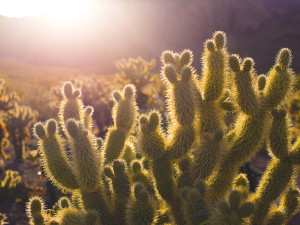CEO Update: It’s Hot!

Oh my gosh our weather here in Colorado has certainly been hot for June and I know we are luckier than most of the other parts of the United States which is being wrapped in what they are calling a “Heat Blanket” and that the worst is yet to come. While it’s so amazing that summer is here, I’d rather not spend it inside trying to stay out of the heat and intense sun.
Alright, enough complaining. What we know is that with the increasing temperatures come shifts in snowmelt runoff, water quality concerns, stressed ecosystems and transportation infrastructure, impacts to energy demands, and extreme weather events that can impact air quality and recreational opportunities. Our larger cities often have water storage reservoirs that can carry them for months if not years during dry periods, but that’s not the case in our smaller rural towns.
Much like most of Colorado’s population is located in urban areas (80%), only 20% of the natural water is located in urban areas. This means that 80% of the water lives in rural areas and one in five glasses of water the front range drinks comes from Grandy, Fraser, and Winter Park. THANK YOU! Colorado estimates the South Platte River basin will need up to 500,000 new acre-feet of water to meet demand by 2050. And since 1989, the value of acre-feet of water has increased dramatically from $1,150 to $30,000. Why, you ask? Because temperatures are rising.
In fact, the last six of eight years are the warmest years on record for Colorado since 2012. By 2050, the southwest of the United States could experience 850 heat associated deaths per year. And according to the Economist, “heat kills more people than hurricanes, tornadoes and floods.” Some are saying we need better warning systems for extreme heat as the most vulnerable of our population are the young and the old.
To learn more about climate changes and the impact on rural I encourage you to read our Snapshot of Rural Health and investigate how you might lend a hand to reducing the impacts we are seeing due to climate change.




